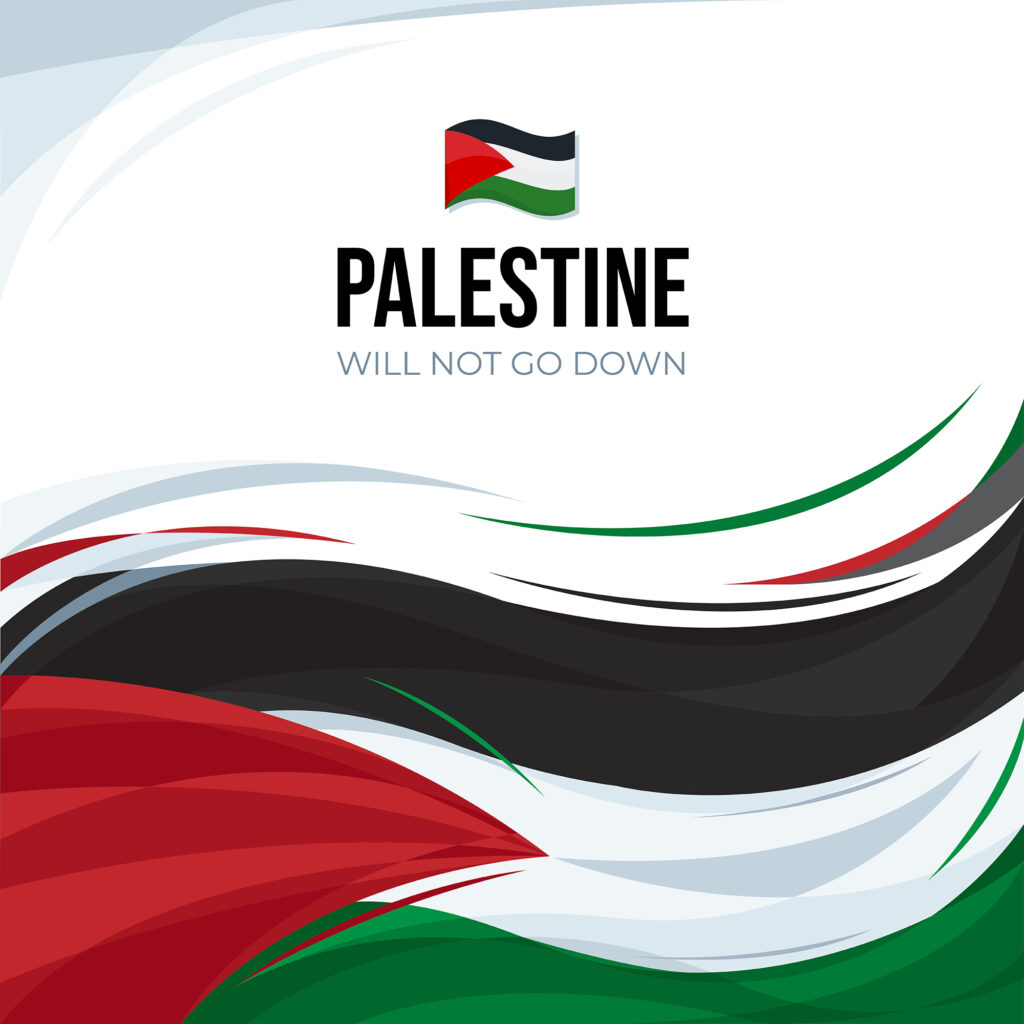The Nakba, a violent history of resilience, resistance and displacement. (Name derived from an arabic word, meaning “catastrophe”). A story where thousands of Palestinians were brutally displaced and dispossessed and the holy land of Palestine was confiscated.
Nakba stemmed from the emergence of Zionist’s ideology that jews are a nation and they deserve their own state. In the process of converting this ideology into reality, they targeted the innocent people of Palestine, the people who sheltered them during holocaust and restored their identity. Its political era started in 1917 when British government made a public statement of establishment of a Jewish homeland in Palestine known as “Balfour Declaration”. Following that in 1923 British Mandate was passed, allowing British government to rule Palestine and Jordan after World War 1,giving air to the ideology of establishing Jewish homeland in Palestine. This Mandate lasted till 1948, that’s when Nakba took place. Nakba day is commemorated annually on 15th of May.
In 1947, UN gave a partition plan to end Mandate which got rejected by Palestinians and Arabs. Even before this plan Arabs gave “Arab Revolt” through which they protested against British support for Zionist settler-colonialization. And uprise of Jewish population from 9% to 27% in years between 1922-35, leading Palestinians internally displaced. All these lead to the major events of Nakba in 1948. Including 750,000 Palestinians (over 80% of the population) being expelled from their homes, 150,000 people internally displaced, 530 villages destroyed through biological warfare, whispering campaigns, psychological warfare tactics, 30+ massacres including Deir Yassin Massacre, Tantura massacre and Lydda massacre, killing over 13,000 unarmed innocent Palestinians.
All this brutality didn’t end here, The Naksa, a painful setback, marking the displacement of approximately 280,000 to 325,000 Palestinians from the West Bank and Gaza Strip after Israel captured these territories during the Six-Day attack in 1967. A devastating blow to the Palestinian people, many of whom were already refugees from the 1948 displacement.
The Naksa as the Historian Tom Segev notes that “the Zionist movement had long hoped to transfer Arabs from Palestine to other states, with leaders exploring ways to pay Arabs to move to distant provinces during British rule.
The Naksa had far-reaching consequences, including the destruction of over 400 Arab villages and the displacement of tens of thousands of Palestinians. The event marking a significant shift in the balance of power in the region, with Israel solidifying its control over the occupied territories.
The Naksa Day, a somber reminder of the ongoing struggle for Palestinian rights and self-determination . Despite its significance, this day has received relatively little attention compared to the 1948 displacement. But it didn’t end here or it doesn’t have until now.
The ongoing genocide in Palestine, might seem to start on 7th of October 2023 but it has a long historical route. Its a systematic and deliberate effort to erase the Palestinian identity and presence, perpetuated by Israel’s occupation, house demolitions and land confiscation, restrictions on movement and access to basic needs, violence, incarceration, and torture, as well as cultural erasure and historical revisionism. The international community’s inaction enables this genocide, making it imperative that we acknowledge and condemn these atrocities, advocating for Palestinian rights, self-determination, and justice, as silence is complicity.
Written by:
Jawariya Fatima


